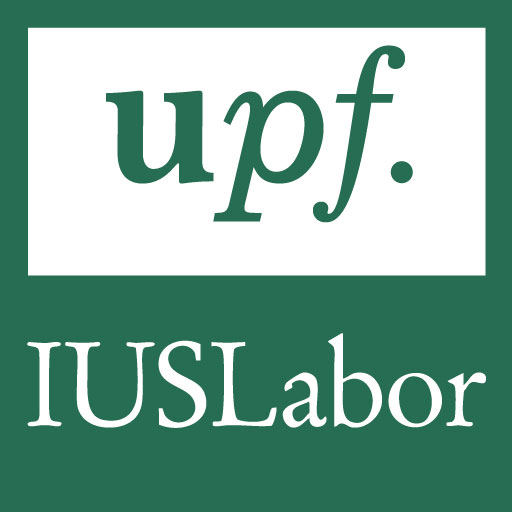Abstract
El presente artículo analiza la obligación empresarial de investigar impuesta por la Directiva (UE) 2019/1957 y el artículo 31 bis Código Penal junto con la doctrina aplicable a la protección del derecho a la intimidad en el trabajo, flexibilizada con la sentencia del Tribunal Europeo de Derechos Humanos López Ribalda II. La colisión de obligaciones generada requiere una respuesta integrada de las diferentes normativas que permita esclarecer bajo qué parámetros deberán llevarse a cabo las investigaciones internas en las empresas.
Rights

This work is licensed under a Creative Commons Attribution-NonCommercial-NoDerivatives 4.0 International License.
(c) IUSLabor. Revista d'anàlisi de Dret del Treball, 2021
Copyright
IUSLabor is an open access journal, based on the idea that making research available to the public openly and free of charge favors the global exchange of knowledge.
Consequently, all content is freely available, free of charge to users and their institutions. Users can read, download, copy, distribute, print, search or link the full texts of the articles in this journal without prior permission from the Editorial Committee or the author of the article, provided their authorship is acknowledged.
In this sense, IUSLabor uses the Creative Commons Attribution-NonCommercial-NoDerivative 4.0 International license (CC BY-NC-ND 4.0).
Authors grant, in a non-exclusive way, rights of reproduction, publication, distribution, public communication and transformation of their work for publication in IUSLabor and for inclusion in the databases in which the journal is indexed.
Likewise, authors authorize that their article be published with a Creative Commons Attribution-NonCommercial-NoDerivative 4.0 International license (CC BY-NC-ND 4.0).
Authors are allowed and encouraged to disseminate their work published in IUSLabor (for example, on institutional repositories, personal websites or social media), always referring to their publication in IUSLabor.


